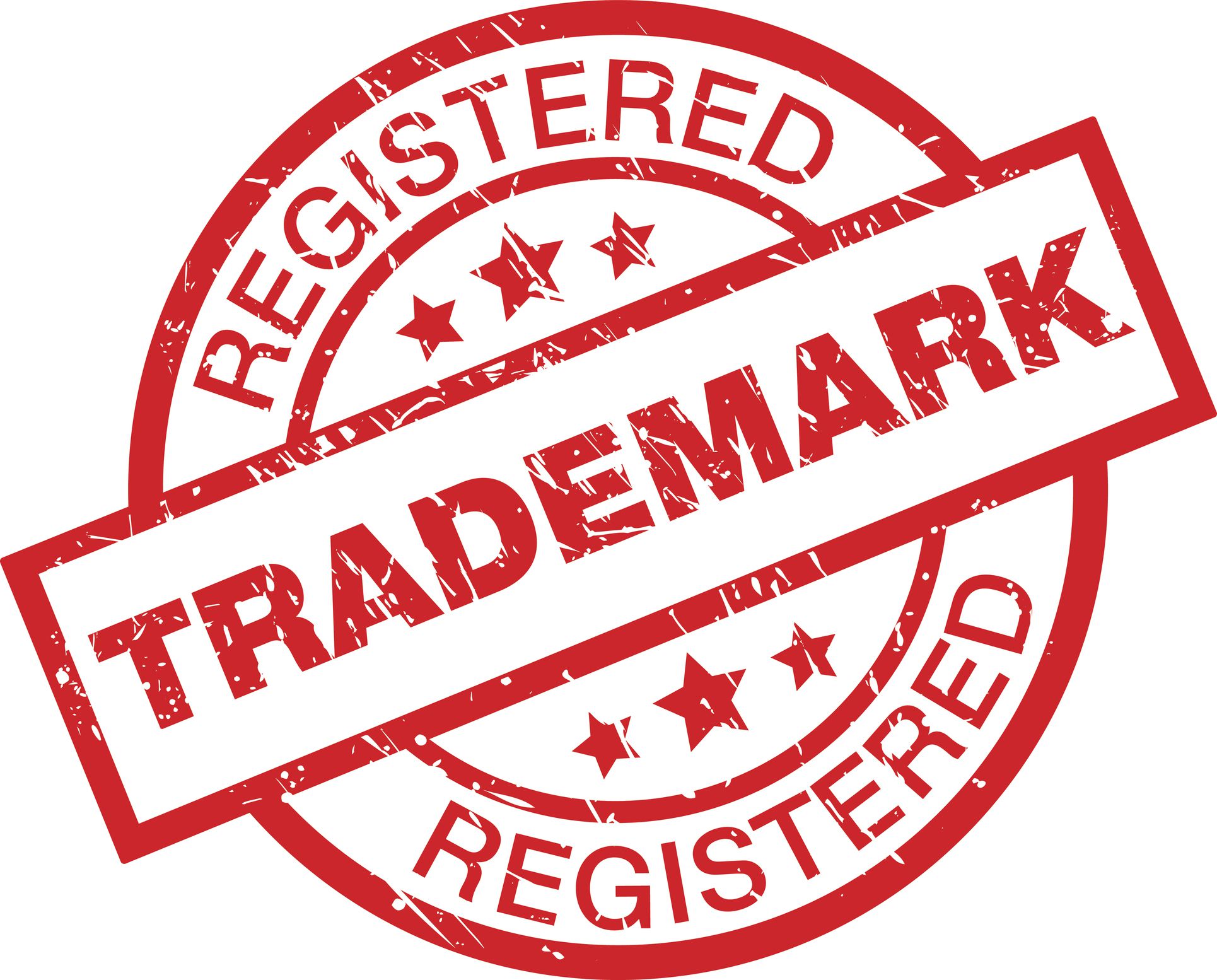Intellectual Rights - Trademark

A trademark is a form of intellectual property that represents a distinctive sign or symbol associated with a product or service. It serves to identify and distinguish the goods or services of one business from those of others, providing protection against unauthorized use by competitors. Trademarks can take various forms, including words, logos, symbols, names, colors, sounds, or a combination thereof. Securing a trademark helps businesses build brand recognition and ensures that consumers can identify and trust the source of a product or service.
Benefits of Trademarks and Intellectual Property Rights:
Brand Recognition: Trademarks help create a unique and recognizable identity for a business, making it easier for consumers to identify and choose their products or services.
Legal Protection: Trademarks provide legal protection against unauthorized use or infringement by competitors, allowing businesses to take legal action to defend their brand.
Market Positioning: A strong trademark can contribute to the positioning of a business in the market, reflecting its values, reputation, and quality.
Exclusive Rights: Trademark registration grants the owner exclusive rights to use the mark in connection with the registered goods or services, providing a competitive advantage.
Asset Value: Trademarks can become valuable assets for a business, contributing to its overall value and potentially serving as collateral for loans or financing.
Global Protection: Trademark registration can be extended to international markets, providing protection against infringement in multiple countries.
Documents Needed for Trademark Registration:
Trademark Application Form: The application form providing details about the applicant, the mark, and the goods or services associated with the mark.
Trademark Representation: A clear representation of the mark in the specified format, such as a graphical representation for logos.
Applicant’s Identification Proof: Identification documents of the individual or entity applying for the trademark, such as a PAN card or certificate of incorporation.
Address Proof: Proof of address for the applicant, such as a utility bill or rental agreement.
Power of Attorney: If the application is filed through a trademark agent, a power of attorney authorizing the agent to act on behalf of the applicant.
List of Goods/Services: A detailed list of the goods or services for which the trademark is being registered.
Eligibility for Trademark Registration:
Use in Commerce: In many jurisdictions, actual use of the trademark in commerce is a prerequisite for registration. However, some countries also allow for intent-to-use applications.
Distinctiveness: The mark should be distinctive and not generic, descriptive, or likely to cause confusion with existing trademarks.
Non-Deceptiveness: The mark should not be deceptive or misleading to consumers.
Not Against Public Policy: The mark should not go against public policy or morality.
Ownership: The applicant must be the rightful owner of the mark, and the mark should not infringe on the rights of others.
Proper Representation: The mark should be properly represented in the application, adhering to the specified format and requirements.
Brands who Trust Us











Get in touch with us for your financial needs

Monday to Friday
9:00 A.M. to 6:00 P.M…
(Saturday-Sunday: As per Government Holidays)
